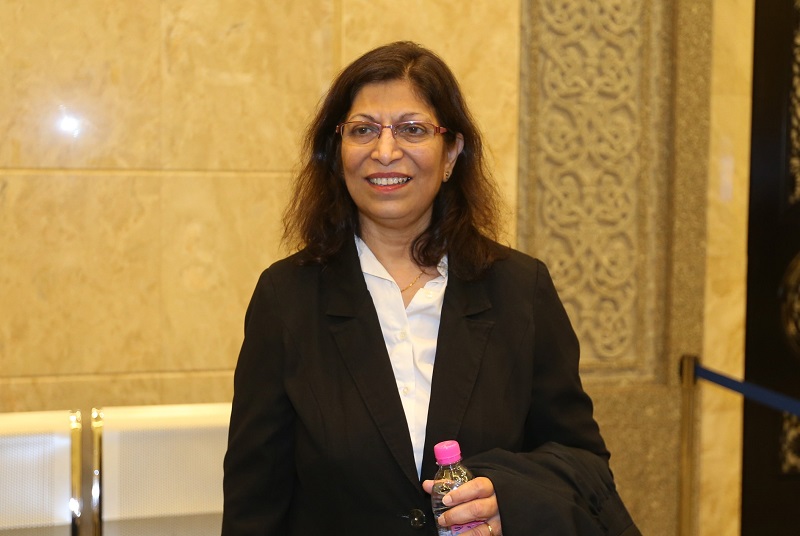KUALA LUMPUR, Dec 22 — With statelessness unresolved even after 61 years of Malaysian independence, two lawyers have proposed law reforms to mitigate the issue of obtaining citizenship for stateless children.
Lawyer Ranee Sreedharan suggested that the Adoption Act 1952 be amended to allow parents to pass on their citizenship to an adopted child.
“Currently the existing Act only allows the transfer of property rights, wealth, birth certificates to the adopted children but not citizenship.
“This is not fair if the stateless child was adopted from welfare home,” she said after a roundtable discussion on “Addressing Malaysian Statelessness” held at VE Hotel & Residence here.
Section 9 of the Act states that all rights, duties, obligations and liabilities of the parent, guardian of the adopted child, shall vest in and be exercisable by and enforceable against the adopter as though the adopted child was a child born to the adopter in lawful wedlock.
“So it does not make sense that the child cannot obtain citizenship when immovable and movable properties can be disposed of to the child either by will or instrument inter vivos,” Ranee said.
The National Registration Department (NRD) refuses to recognise adopted children as Malaysians when the identity and citizenship of their biological parents is not known.
Lawyer Annou Xavier also proposed an amendment to be made to Section 17 of Part III of the Second Schedule of the Federal Constitution.
“In the Constitution under Article 14(b) — Second Schedule Part II, citizenship can be obtained if at least one parent is a citizen or permanent resident at the time of birth.
“But in Section 17, an illegitimate child follows the mother instead. The problem arise when the mother is a foreigner and the NRD would take the easy way out by asking the child to take on their mother’s citizenship,” he said.
Annou said most laws in Malaysia interpreted the word ‘parent’ as father and mother.
“This is discriminatory to the child who is rendered stateless due to the circumstances and goes against Article 8 of the Federal Constitution on Equality,” he said.
Both Annou and Ranee however agreed that should the law reforms be made, it would solve approximately 80 per cent of the statelessness issue faced by children in Malaysia.



















